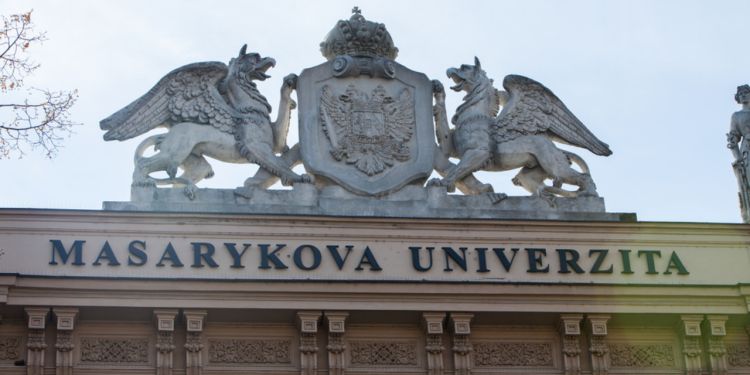
Looking forward to studying in the Czech Republic? Find all that you need to know about relating conditions and procedures in this article.
The Czech Republic is one of the key destinations for expatriation in Central Europe. Thanks to its developed higher education system, the country has been quite successful at attracting international students. In fact, it has been ranked as the 12th most popular country for exchange students in Europe.
The high quality of Czech education is widely recognised across Europe, especially in the area of exact sciences like engineering, medicine, science, etc. What's more, if you choose to study at a public university with courses taught in the Czech language, you will only need to pay enrollment fees as tuition is free. Studying at a private university is also much more affordable compared to most universities in Europe. And, when paired with the country's relatively low cost of living, the Czech Republic offers very favourable conditions for aspiring professionals.
Universities and vocational institutions
There are over 60 higher educational establishments in the Czech Republic including both private and public institutions. Czech universities offer courses in a variety of fields including arts and culture, law, medical studies, architecture, design and economy, among many others.
The Charles University of Prague is the oldest and highest ranking university in the country with 17 faculties and over 49,000 full-time students. The university is especially popular with international students and has partnerships with over 200 universities across the globe. Plus, Prague, the country's busy capital, provides a dynamic setting for your studies.
The Czech Technical University is also one of the largest universities in the country and the second highest ranking one. It includes eight faculties with over 100 degree programs with the main focus on exact sciences like engineering and physics, to which the university also owes its high reputation. In fact, one of the university's most famous students was Christian Doppler, the founder of the Doppler effect.
If you are looking to venture outside the capital city, consider Masaryk University, the country's second-largest university located in Brno. There are nine faculties to choose from and a variety of courses taught in English and German, which makes it a convenient option for international students.
The Silesian University in Opava and the University of Economics in Prague are also a popular choice.
High vocational schools, for their part, provide courses over two and three and a half years. There are 164 such paid schools in the country. You can choose a vocational school if you wish to obtain advanced vocational qualifications in various disciplines and receive a diploma known as a specialist degree (Dis).
Good to know:
The academic year begins in September and October and is divided into two semesters consisting of 15 weeks each. Each academic year ends with a diploma thesis and State examinations.
Conditions
If you have a good command of the Czech language, you can be considered as a Czech student and therefore you will not have to pay tuition fees. However, you must have passed the Common European Framework of Reference for Languages (CEFR) assessment. If you wish to study in another language, such as English, tuition fees will apply.
When it comes to private universities, you will need to pay tuition for your studies regardless of the language you take the course in.
To enroll in a university or higher vocational institution, you must have completed high school and have obtained either a general or a vocational baccalaureate, or its equivalent. Candidates wishing to enroll in a school of fine arts have to produce a diploma from the conservatory. However, these exceptionally accept students who have not yet completed their secondary education.
Admission
Each university and higher education institution has its own admission criteria. In general, candidates have to pass tests in specific subjects. These should determine whether the candidate is eligible to enrol for the chosen courses. In case they have been admitted, an admission letter will be issued. The candidate can then proceed with administrative formalities on the specified date. Upon completing relating formalities, the candidate will then be considered as a student and will be able to make full use of the issuing benefits.
Good to know:
Make sure to seek all relevant information with the chosen university as some of these may apply additional conditions.
Useful links:
Ministry of Education, Youth and Sports ' Higher education
DZS ' Center for International Cooperation
Study in the Czech Republic
Common European Framework of Reference for Languages: Learning, Teaching, Assessment (CEFR)
We do our best to provide accurate and up to date information. However, if you have noticed any inaccuracies in this article, please let us know in the comments section below.







Comments